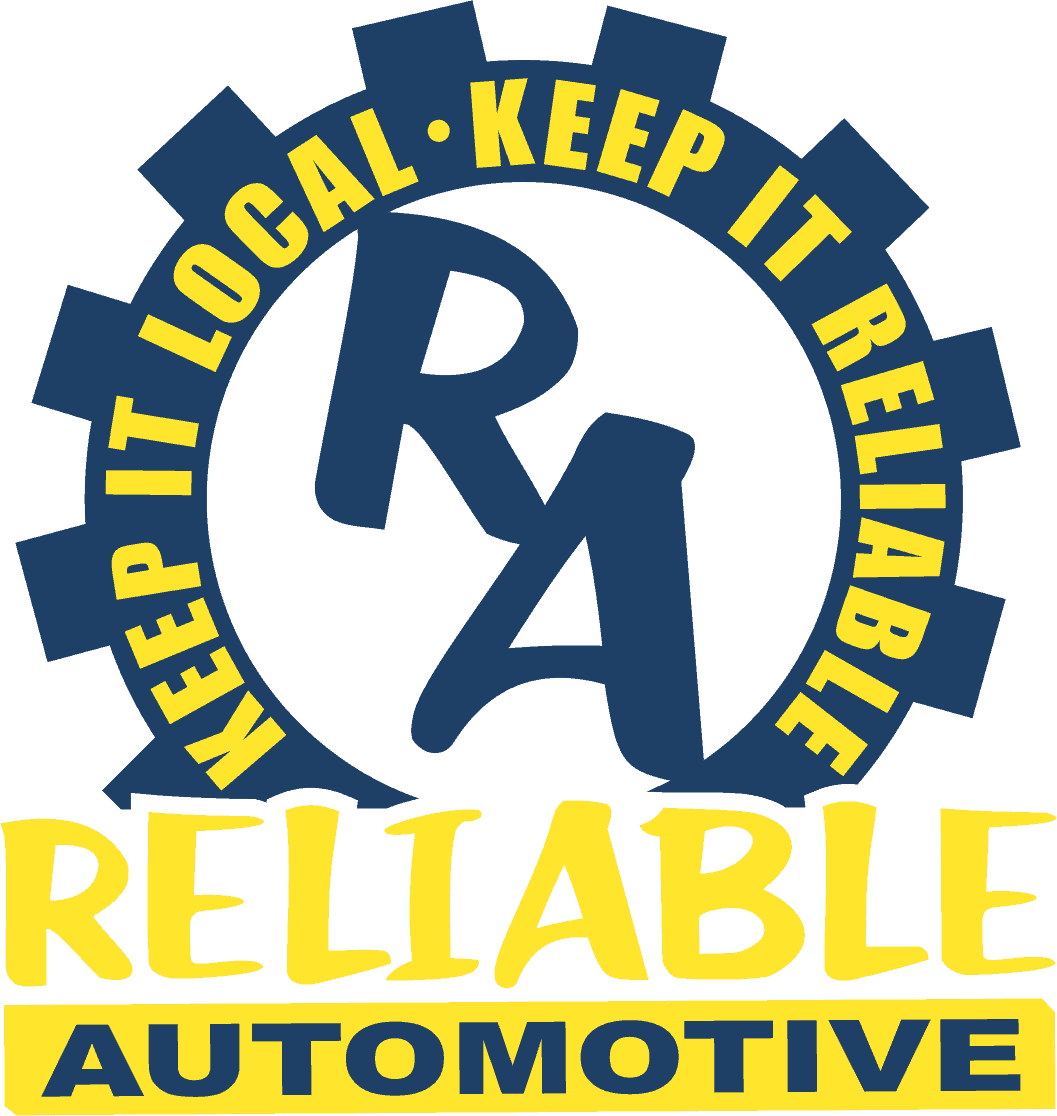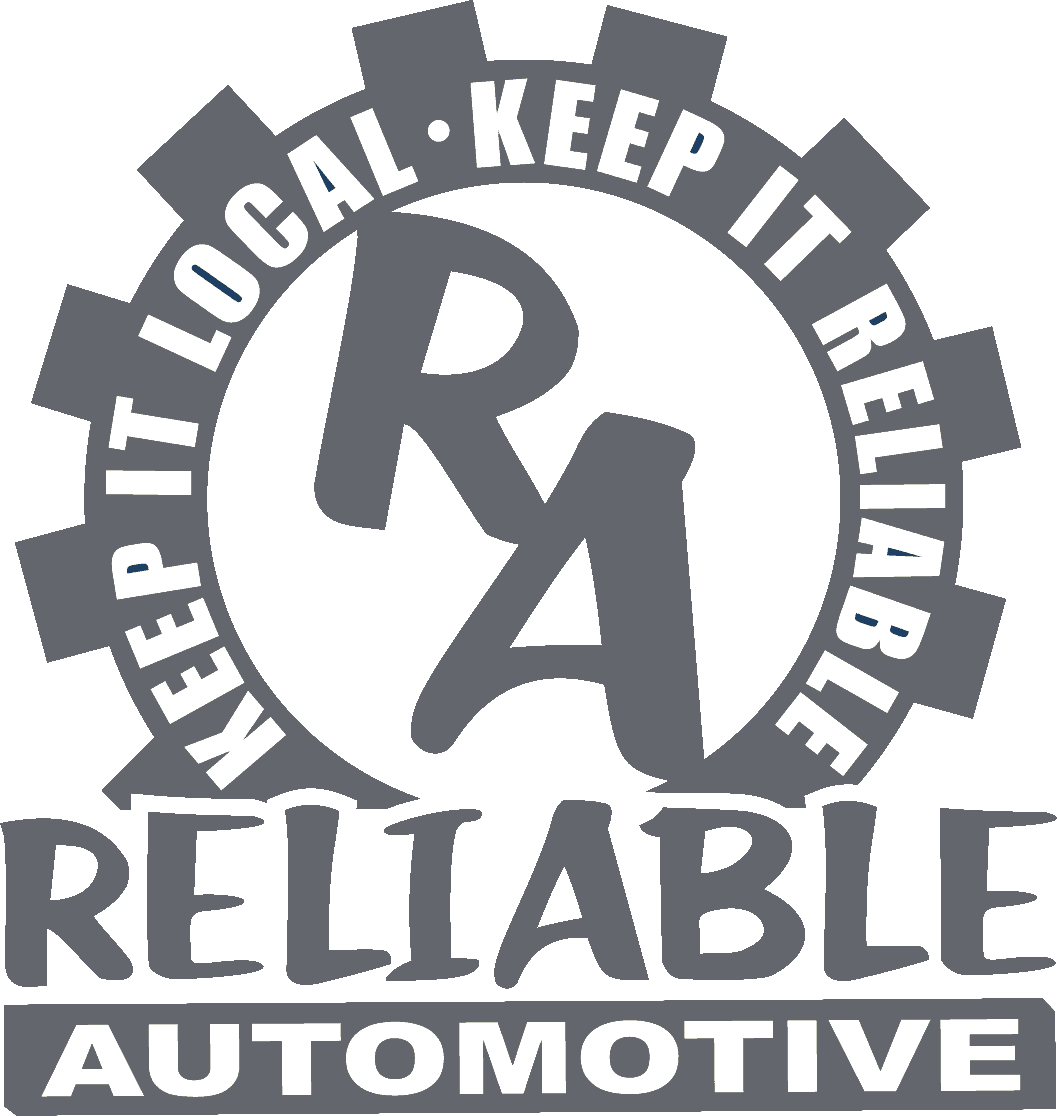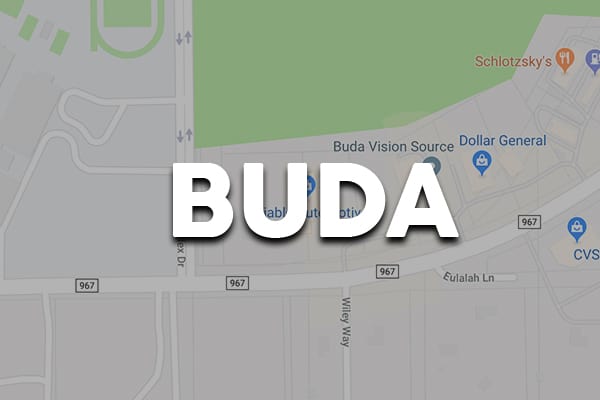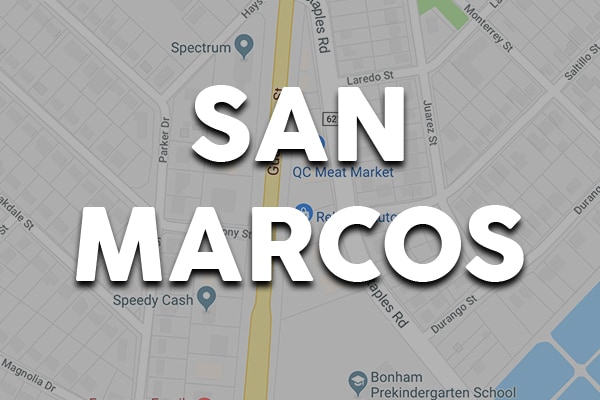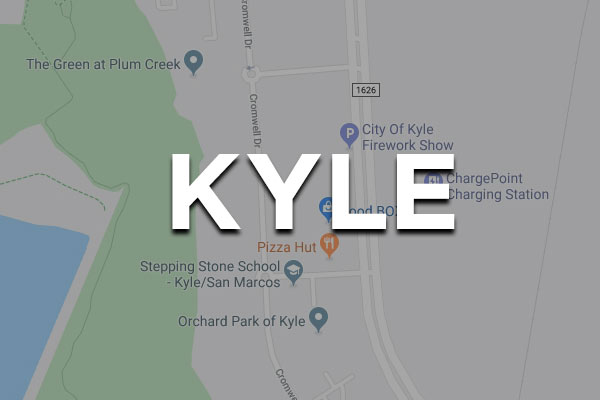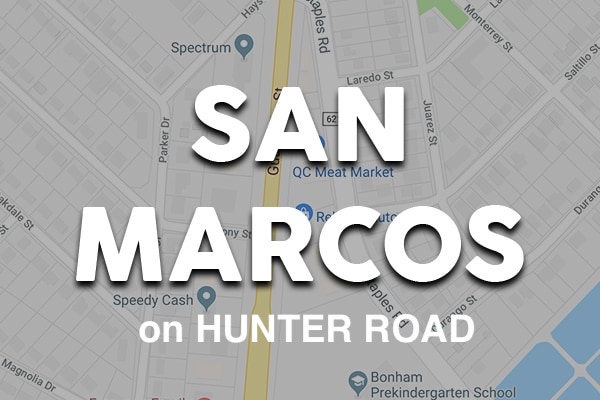
Your vehicle steering wheel can lock up for a variety of reasons. Any one – or more – of them could be the cause whenever your vehicle seems to “jerk” or pull to one side or the other.
Jerking or Unstable Steering
Loose steering components, such as loose steering U-joints and drag link ends (which attach the pitman arm to the drag link), damaged tie rod ends, and worn inner and outer tie rod ball joints can make steering jerk or feel unstable. These parts should be checked first because they are easy and relatively inexpensive to replace.
Steering Wheel Freezes
Rust on idler arms causes sticking, which restricts movement and, ultimately, can cause the steering wheel to freeze in place. These parts should be removed and sandblasted until they look shiny and new-like.
Steering Wheel Bind
When a front end is lifted with an improper length or style of a lift kit, the caster angle gets thrown off. This means that when you turn your car, instead of returning to the center like it’s supposed to, the front wheels rotate further in the direction you turned them (for example, if you turn left, instead of coming back to straight ahead like it’s supposed to do, they continue turning left).
They will eventually “catch up” and go back toward the center but meanwhile, this binding causes a jerking motion throughout the steering system as the caster angle tries to “catch up” with itself. These parts should be checked and possibly shimmed if necessary to give your truck a level ride height.
Steering Wheel Free-Play
Loose or excessively worn tie rod ends allow excessive movement at the steering wheel, contributing to a wobbling motion at high speeds on bumpy surfaces. Steering gears that have lost their lubrication also cause excessive free-play at the steering wheel, but this is normally accompanied by a grinding noise from the gears themselves as they lack proper lubrication. Both problems need attention from professional mechanics to correct.
Wheel Bearings
Wheel bearings can cause a wobbling motion at the steering wheel, although this is usually accompanied by a “growling” type noise from the bearing. These parts should be replaced if they are not within tolerances and have too much play in them.
Steering Wheel Shimmy
Excessive caster angle, along with excessive positive camber due to worn ball joints, damaged control arm bushings, or bent mounting points on your truck’s frame, can all contribute to shimmying that occurs when you hit bumps at high speeds. In other words, instead of the front end riding over the bump, it drops down into it, causing a rapid shaking motion throughout the rest of your vehicle, which you feel in the steering wheel. These parts should be checked and possibly shimmed if necessary to give your truck a level ride height.
Steering Wheel Vibration
If you have shallow air pressure in your tires, it can cause a vibration in the steering wheel at any speed when turning corners. Adding more air to your tire can help with this issue. By adding more air you are helping the tires to do their job of distributing the weight of the vehicle across the tires tread pattern.
Too Much Lock
Your shock absorbers and springs may not be able to handle additional weight and stress placed upon them by heavy-duty equipment or larger tires. If this is the case, new shock absorbers/springs are necessary to correct this problem.
Conclusion
There are many reasons why your truck’s steering wheel could freeze up lock up or feel shaky while driving. You may not know the exact cause until a professional mechanic takes a look. Still, if you check all of the components mentioned above regularly, at least you’ll have eliminated some of the most common causes.
